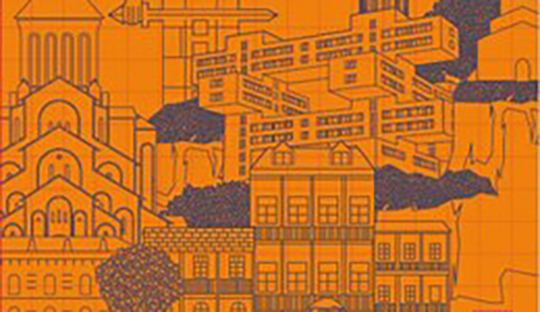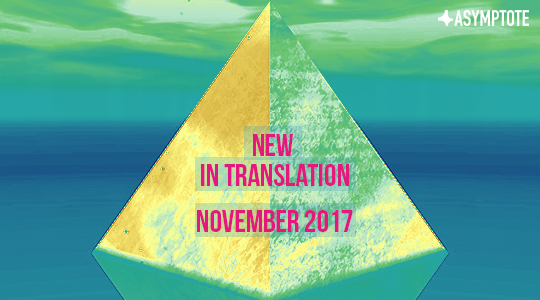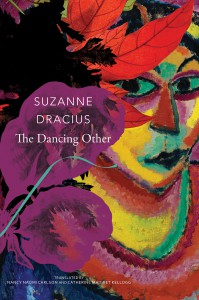The Book of Tbilisi, edited by Becca Parkinson and Gvantsa Jobava, Comma Press
The Tbilisi funicular that leads all the way to the Mtatsminda Mountain, one that families might usually take on Sunday mornings or lovers for an afternoon date, gives an opportunity to get a glimpse of the city from above while still being close and immersed in the noises and lives it encapsulates. The Book of Tbilisi attempts to be an extension thereof, unravelling to the readers the literary landscape of Georgia after the recuperation of its independence and the consequent transformations it underwent. Comma Press’s “Reading the City” series brings to the surface works and literary traditions of underrepresented areas. This endeavour aspires to insert forsaken voices and cosmologies into the Eurocentric literary canon.
One should not overlook the genre chosen for this aspiration. An underrated form that has experienced a renaissance in recent years (as could be attested by Asymptote’s Winter 2018 Issue special feature on microfiction and the 2013 Nobel Prize awarded to Alice Munro), the short story is distanced from illusions of coherency and authority. Instead, its fragments embrace the gaps and absences, charged with an energy that surpasses the mere focus on the sequence of events, in order to capture a state or a quality. Thus it is not difficult to imagine why this impressionistic genre seemed the adequate vehicle—much like the funicular itself—to capture the fleeting force that runs through Georgia.



